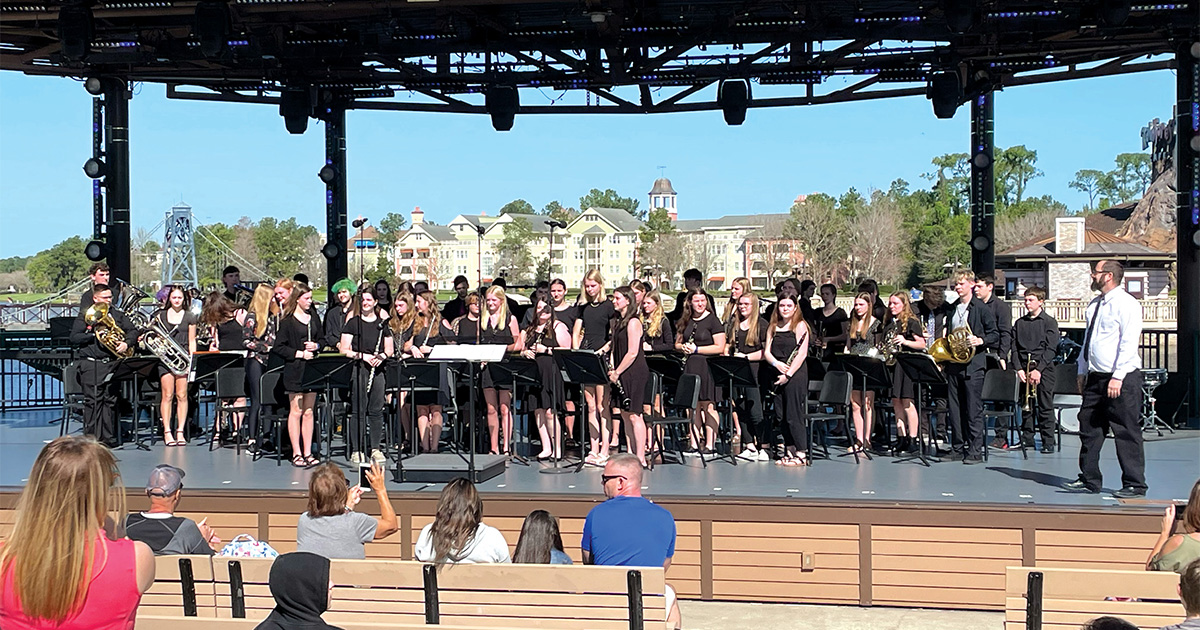A new school year is commencing and that provides teachers a fresh start and a chance to initiate new things. One of the best educational lessons you can provide your students is a trip, whether in the United States or abroad. Reading about a destination or historical event from a textbook is interesting but experiencing that destination or visiting a historical site creates a lifetime of memories and takes learning to a whole new level.
My father was a history teacher for 37 years. Every family vacation, we visited a historic site or a place that had educational value. As a child, I dreaded our family vacations. Why can’t we just go somewhere and have fun? Why do we have to learn something? Little did I know that my father was setting the stage for me to be a lifelong learner. As an adult, I seek destinations that educate me, whether it is learning about a new culture, language, historic lesson, or trying unique foods.
One week after graduating from high school, I flew to the Netherlands and served as an exchange student. Those three months abroad changed my life forever. Forty years later, I reflect on my experiences I have had while visiting all 50 states, all seven continents, and 90 countries.
My travel adventures have all had an educational component to them. I have studied the Russian language in Siberia; met the president of Malta and Queen Elizabeth; visited Chernobyl; toured concentration camps; toured the White House; learned about the Aboriginal & Māori people; attended a Native American powwow; visited research stations in Antarctica; ate kangaroo, bear, camel, warthog and petrified eggs; went on a three-month African safari, walked on the Great Wall of China; dressed in a kimono and the list goes on.
I am so grateful to my father for his willingness to share his love for knowledge with me. You, too, can be the person who inspires others and provides students life changing experiences. I encourage you to set a goal this school year to take students on a trip. The trip could be somewhere within your own state, to another state or you can dream big and take students overseas.
It can be a bit overwhelming as first, but there are resources available. I highly recommend using SYTA’s resources on topics that influence the student and youth travel community. One of the best things they do is help you find a tour operator that has experience, safety, and financial security.
Where does one start in organizing a student trip? What are the basics? Ask lots of questions and generate discussions. Be sure to include school administration, educators, students, and parents in the conversations. First, talk to your school administration and see what policies are in place for student travel. Inquire if the school has a working relationship with a tour operator. Find out if other teachers have led trips and how they organized it. Talk to students and parents and find out if there would be an interest in a trip. Try to ascertain what destination(s), how long the trip should last and what people are willing to pay.
Once you have determined there is an interest in student travel, identify a destination and then a tour operator. Tour operators are vital because they have the experience, networking connections and capability of access to unique experiences. A tour operator will make your role as the teacher/leader of the student group much easier. They assist with transportation, lodging, attractions, insurance, and so much more. Do not be intimidated by the tour operator. They are travel experts, but they are willing to collaborate with you to adapt the travel experience that meets the needs and interest of your group. Take heed to their insight, suggestions, and recommendations, but it is your decision how you want the trip structured.
The next big challenge is financing the trip. Ideally, plan the trip one to two years out so families and students have ample time to save up and pay for the trip. Tour operators allow people to make monthly payments which makes it affordable for all. Hold fundraisers. Ask for donations. Be creative in finding funding for all. Require all participants to pay a deposit to show their commitment to the trip.
Set a deadline for when people can sign up to participate. Once the group has been set, hold monthly or quarterly meetings for the students and parents. Ask participants to do research on the destination and give presentations about the culture, language, food, history, religion, etc at the meetings. This builds excitements and encourages students to start the learning process of student travel. As the trip date approaches, the discussions can revolve around the organization and other pertinent details. Have a Bon Voyage party just prior to leaving to build the excitement of the pending trip.
Here are suggestions for teachers who are planning their first student trip:
Do not pick a destination just because you have a strong interest in that place. Find out where students want to go. It makes it easier to recruit participants.
Do not just focus on students from your class or grade level. Reach out to other grades and even schools. What a wonderful opportunity for students to interact and meet new people.
Do not over-plan. It is great to have an extensive list of attractions to visit; however, it takes longer than you realize for a group of 20 to 40 people to move from one place to another.
Finally, do not get stressed and give up. Visualize the destination and the experiences your group will have once you get there. It will be worth every minute that you spent planning for the trip. Most importantly, have fun throughout the entire process and remember that you will be providing students life changing experiences.
Yes, I owe my dad an apology for the frowns, moans, and string of questions I asked him about why our family could not go to the lake, amusement park, or other fun place that did not involve learning about something. Thanks to my father, the lifelong educator, I have become a lifelong educator. I hope you are inspired to lead a student tour that will have a lasting impact on their worldview and provide an opportunity for them (and you) to have one of the most important experiences of their lives.
Written by Julie Beck for the September 2022 issue of Teach & Travel.




